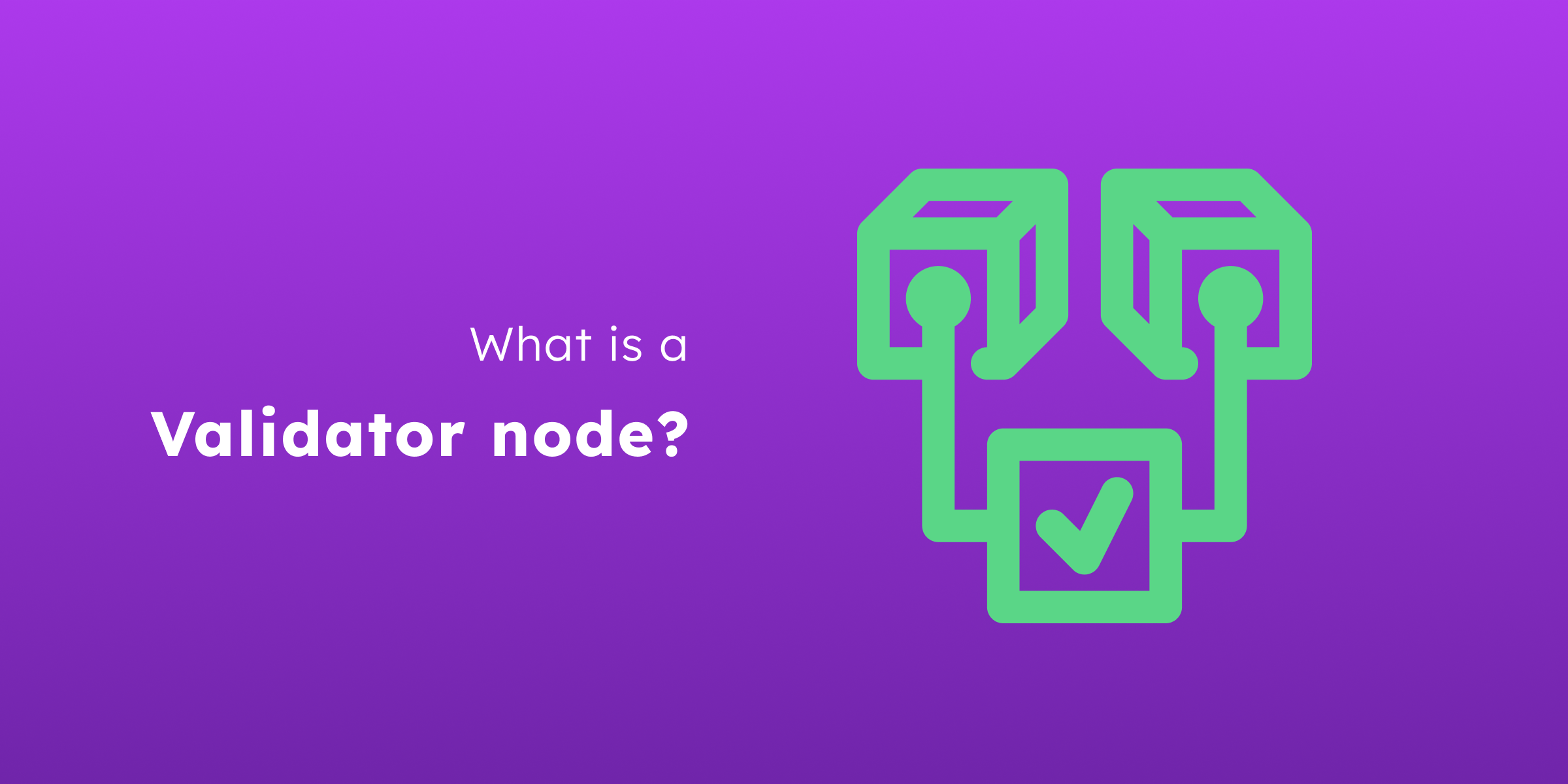
In the decentralized realm of blockchain technology, validator nodes serve as the backbone, playing a pivotal role in maintaining the integrity, security, and consensus of a network. These nodes are the unsung heroes that contribute to the seamless functioning of various blockchain ecosystems, ensuring trust and reliability in the face of a distributed and trustless environment.
Understanding Validator Nodes
Validator nodes are essential components of proof-of-stake (PoS) and delegated proof-of-stake (DPoS) blockchain networks. Unlike traditional proof-of-work (PoW) systems, where miners compete to solve complex mathematical puzzles, PoS and DPoS networks rely on validators to confirm transactions and create new blocks.
Consensus Mechanism and Validator Nodes
In a PoS or DPoS system, the consensus mechanism is achieved through a process where validators take turns proposing and validating blocks. The selection of validators is often based on their stake in the network or the number of tokens they hold. This consensus mechanism is not only more energy-efficient than PoW but also enhances scalability and transaction speed.
The Validator's Responsibilities
The responsibilities of a validator node extend beyond simply validating transactions. Validators are tasked with ensuring that transactions comply with the network's rules and reaching a consensus on the state of the blockchain. This involves verifying the legitimacy of transactions, confirming the availability of funds, and participating in the block creation process.
Staking and Security
In PoS and DPoS systems, validators are required to stake a certain amount of cryptocurrency as collateral. This collateral serves as a security measure, discouraging malicious behavior by tying economic value to the validation process. If a validator is found to be acting dishonestly or attempting to manipulate the network, a portion or all of their staked tokens may be forfeited.
Decentralization and Node Distribution
The decentralization of validator nodes is crucial for maintaining the integrity of a blockchain network. A well-distributed network of validators ensures that no single entity or group can monopolize control, preventing the concentration of power and mitigating the risk of centralization. Decentralization enhances the resilience and censorship resistance of the network.
Challenges and Rewards for Validator Nodes
Operating a validator node comes with its challenges, including the need for technical expertise, continuous uptime, and the risk of potential slashing (loss of staked tokens) in the event of malicious activity. However, the rewards for successfully validating transactions and contributing to the security of the network often come in the form of transaction fees and newly minted tokens.
Validator Nodes in Different Blockchain Ecosystems
Various blockchain projects implement validator nodes in different ways. For example, networks like Ethereum 2.0 are transitioning from PoW to PoS, incorporating validator nodes to achieve scalability and sustainability. Other projects, such as Cosmos and Tezos, rely on DPoS mechanisms, allowing token holders to vote for validators who then secure and validate transactions.
Conclusion
Validator nodes are the unsung heroes in the world of blockchain, diligently working to maintain the trust and reliability of decentralized networks. As the technology continues to evolve, the role of validator nodes becomes increasingly critical in shaping the future of blockchain ecosystems. The seamless operation of these nodes not only ensures the security of transactions but also paves the way for a more inclusive, efficient, and decentralized digital landscape. In the ever-evolving narrative of blockchain technology, validator nodes stand as a testament to the collaborative and distributed nature of the decentralized future we are building.

























